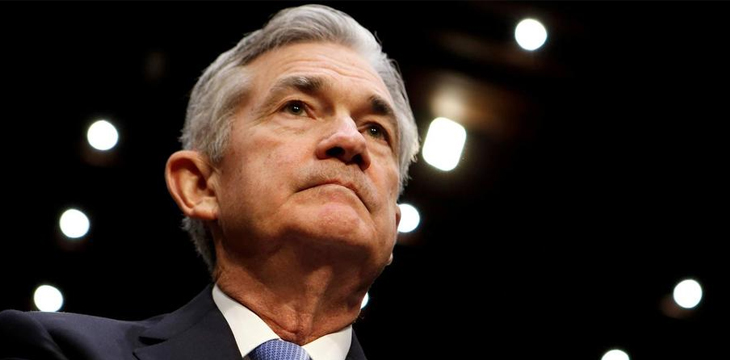|
Getting your Trinity Audio player ready...
|
The chairman of the U.S. Federal Reserve, Jerome Powell, understands that cryptocurrency regulations are a requirement if the industry is going to be allowed to thrive. Speaking during a hearing on Capitol Hill this week, he made his opinion known, stating it is time the government started addressing digital assets more seriously.
Powell, who has been in charge of the Federal Reserve for about a year, was in a hearing with lawmakers to discuss inflation and the state of the country’s finances. Representative Warren Davidson, who has introduced several bills to try and force better crypto guidance at the country’s highest level of government, broached the subject of whether or not regularity clarity for crypto would allow greater innovation.
Powell responded by stating that regulations are needed if the digital asset economy is going to thrive, adding that regulatory clarity could also help prevent scams and other fraudulent activity without stifling further innovation of the space.
Davidson also touched on how the Federal Reserve is going to handle inflation and bring it down to the target of 2%. Powell wasn’t confident that it could happen, stating that inflation of 2% is a target that would most likely fluctuate based conditions of the economy.
On the other hand, most digital currencies have built-in inflation rates that can only decrease. Bitcoin Core (BTC), for example, will have a pre-determined inflation rate next year of 1.8% and this is expected to drop even more in 2024.
Another Capitol Hill lawmaker, Representative Barry Loudermilk, asked Powell if crypto could impact monetary policies. The chairman responded in the negative, stating that crypto is currently not affecting monetary policy as it has not been widely adopted as a currency. He added that it is definitely a store of value, as evidenced by the number of individuals and investors that have invested in digital assets, but explained that widespread adoption remains low due to price volatility.
The national debt in the U.S. continues to grow every year and some analysts predict that it could be more than 100% of the country’s gross domestic product in less than 15 years. The highest deficit ever recorded was 106%, and that occurred in 1946.

 02-18-2026
02-18-2026 




